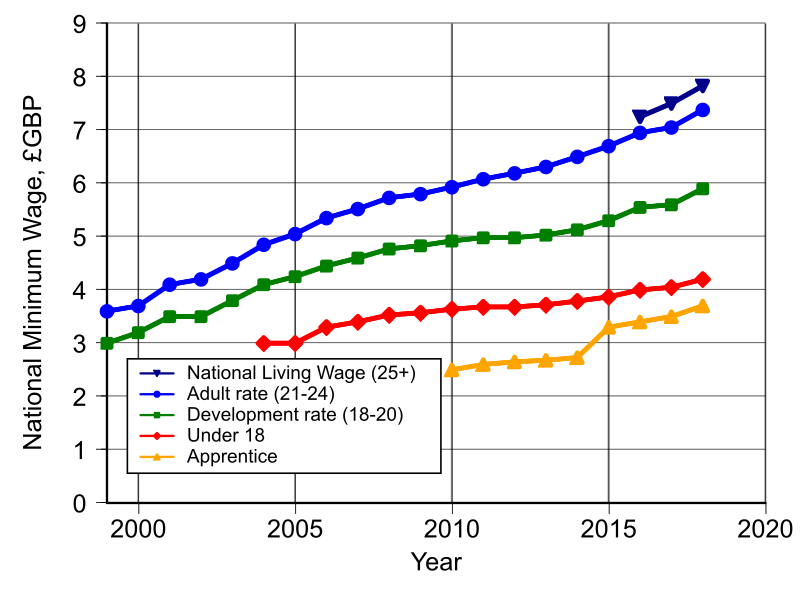Vital's Strategic Shift to SAP S/4HANA Enhances Data-Driven Decisions

In a landmark move towards digital transformation, Vital, Argentina's largest grocery wholesale group, has adopted SAP S/4HANA to modernize its enterprise resource planning (ERP) systems. This transition, reported on June 12, 2025, aims to improve pricing strategies and operational efficiency amidst the economic volatility characterizing the Argentine market, particularly in light of rampant inflation.
Vital, serving approximately 400,000 customers and over 80,000 business clients while collaborating with more than 1,800 suppliers, embarked on this initiative to create a 'clean core' strategy. According to Alexander Gonzalez, Vital's Chief Information Officer and Chief Technology Officer, the decision to adopt SAP S/4HANA was rooted in the company's long-standing relationship with SAP, complemented by extensive research and comparisons with other suppliers over an 18-month evaluation period.
Gonzalez articulated the importance of real-time data access, stating, "It all started in 2018, when we decided to have an analytics system and a clean core SAP system to make all the data available to all the different parts of the company so they can make real-time decisions on purchasing and pricing for our customers." This capability has proven crucial during periods of rapid price fluctuations, such as those experienced during the COVID-19 pandemic, when Vital had to adjust the prices of up to 20,000 products in a single day.
The implementation of SAP S/4HANA has expedited analytical processes significantly, reducing the time required for data analysis from three to four days to just two hours. Furthermore, the new system allows the company to adapt its pricing structures in under three hours. Gonzalez emphasizes that this transformation has eliminated subjective decision-making, stating, "Decisions are now based on real-time data and are not influenced by what a person wants, but by what the data is telling them to do."
The centralized customer activity repository facilitates comprehensive visibility into all data, enabling Vital to leverage algorithms for predictive analytics regarding sales and inventory management. Over the past year, the company reported savings of approximately $35 million on perishables due to timely interventions suggested by the system, allowing for strategic negotiations with suppliers to avoid losses.
Gonzalez further commented on the importance of transparency within the organization: "We are open with the data. We tell everyone—from our people in the stores to our managers and our directors—that they have all the same data." This democratization of data access has fostered a collaborative corporate culture, enhancing decision-making processes across departments.
Looking ahead, Vital is on track to migrate all applications to the cloud, with plans to complete this transition by the end of the year. Gonzalez also expressed interest in integrating artificial intelligence (AI) into the company's operations, viewing it as a tool to enhance rather than replace human capabilities. "We see it as turbocharging our system and making the data more reliable and useful," he noted.
This strategic initiative not only positions Vital to better navigate Argentina's challenging economic landscape but also serves as a potential blueprint for other organizations aiming to harness the power of data analytics in their operations. By embracing a culture of transparency and real-time decision-making, Vital demonstrates the transformative potential of advanced ERP systems in the retail sector.
Advertisement
Tags
Advertisement





